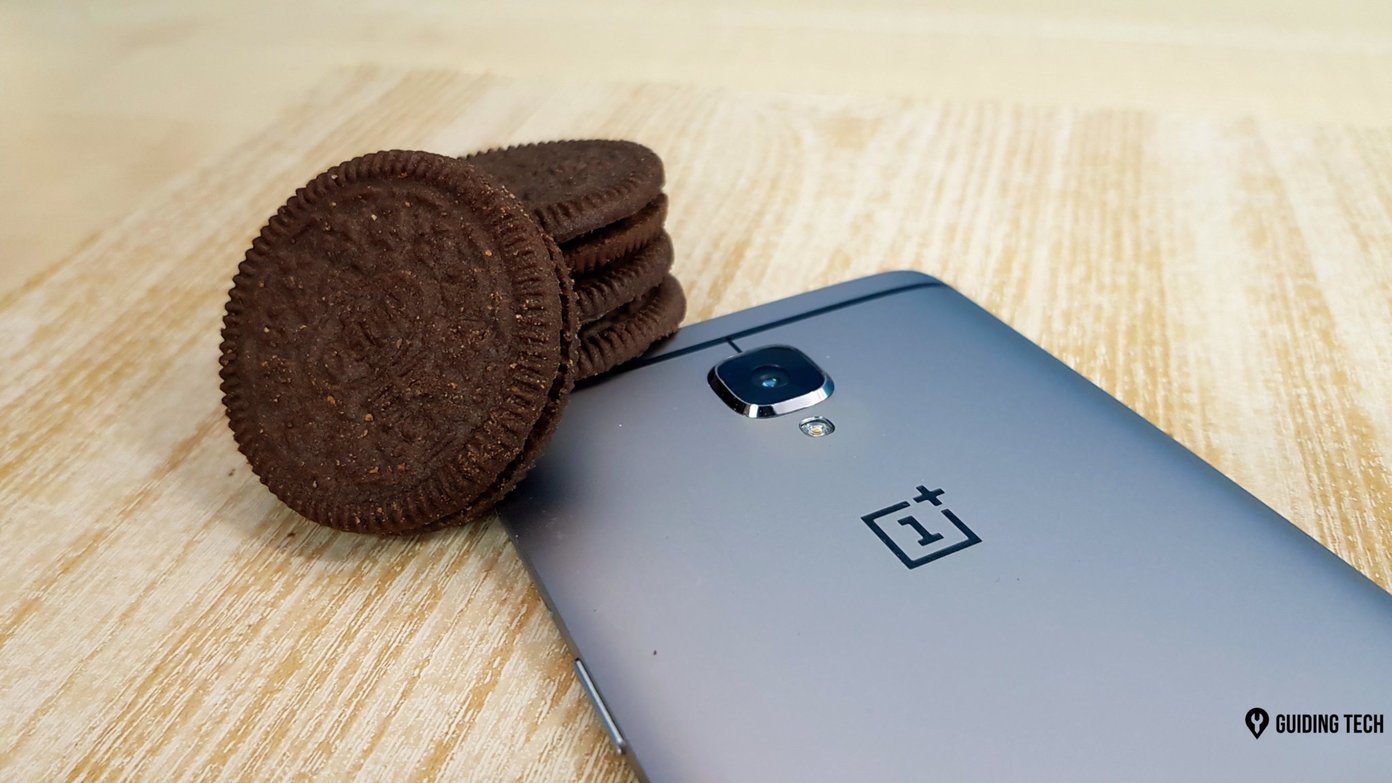5G might just sound like an upgrade from the existing 4G networks but, there is much more than what just meets the eye. It will quite literally revolutionize cellular networks and will offer a seamless medium for communication. That’s all good, but what are all these benefits or advantages that I am speaking of? In this post, I have summed up all the interesting features of this new 5G cellular network and what makes it superior to all its predecessors.
What Makes 5G so Spectacular?
Even before we get down to the advantages of a 5G network we have to understand the basics of this network and what makes it superior to all other networks. 5G makes use of the Massive MIMO standard and that is basically the reason why this network is so fast and reliable. MIMO or Multiple-input multiple-output standard is not something new. This system is already being used by some current generation networks as well. However, with 5G, an improved standard called Massive MIMO is implements. A standard MIMO network tends to make use of two or four antennas, while the 5G network with Massive MIMO has been demonstrated with as many as 96 to 128 antennas by telecom giants such as Huawei and ZTE. Multiple antennas allow for better and faster data transmission thus making it a better option overall. And, now that we understand the basics of this new network, let’s take a look at some of the advantages that users will get from it in the coming days.
Blazing Fast Internet
One of the obvious advantages of the 5G network is the huge bump in internet speeds that users would enjoy, once they get access to this. No, we are not talking about some 2 times increase in speeds but as much as 100 times more data speeds over the air. While a 4G network is capable of offering speeds of up to a maximum of 50 Mb/s, in 5G we are talking about internet speed crossing the 10Gb/s mark on an average. Imagine a scenario where you have to download a 4GB movie. While on 3G it would take a few weeks, you would manage to download that movie within a day on a 4G network and on 5G it would be done in just about a few minutes. That’s the speed we are talking about.
100 Times More Capacity Than 4G
While internet speeds are surely great, the 5G network comes with another massive advantage in its kitty. Tell me, how often have you faced poor internet speed in certain areas where the cellular density is above average? Well, I face that often, it’s not because of lack of internet or data bandwidth, but, it is due to a critical flaw with its delivery mechanism, which is the 4G network. The new 5G network will come with more than 100 times more device handling capacity. What it means is that more people or devices would be able to connect to a given network without degrading its performance for the rest of the users.
Very Low Network Latency
Internet intensive tasks such as done by smart appliances, while video streaming or done in smart homes need a very reliable and a very low-latency based network. Sadly, the current 4G networks can only offer a latency as-low-as 50ms, which makes it unsuitable for critical applications such as the ones used for medical procedures. 5G, on the other hand, offers an ultra-low latency of 1ms which means an instant response from the network and devices using that network. Thus, making this network really useful for varied applications and even online gaming that needs a very fast and a very robust network.
Custom Made Network Slices
With current networks, only a one size fits all solution is available. But, different applications have different needs. For instance, if you just want to do gaming you need access to an ultra-low latency, super-fast data network that can carry out signals and deliver them back without a delay. But, if you are only messaging on WhatsApp using such a high-speed network would simply be a wastage of resources. 5G network understands and helps users by offering custom network slices or custom network options to its users. Until now, network operators could just offer cellular networks in just one form, but, that will change with the new network which is optimized for maximum efficiency and performance.
Better Battery Life for Devices
One of the worst implications of high-speed networks is that they end up stressing the devices and thus result in poor battery life. But with 5G things are going to change as this network promises to offer better battery life as well. 5G is not just one technology, it is actually a combination of several technologies in one. The system, however, is smart and knows when to make use of which technology for maximum efficiency. Thereby, this constant monitoring allows the network to offer the best possible connection to the devices and thereby reducing a major load off of them to keep searching for a better network and thereby increasing the battery life of devices such as phones.
Multiple Services Can Run in Parallel
How annoying is it to see when one service running on your device slows down when your phone focusses on another activity? Well, that’s not because of your device, it’s because of the network. The current network does not have enough bandwidth to offer similar kind of support to multiple applications at the same time. For instance, if you want to do video streaming and do live gaming at the same time, chances are you’ll have to choose between the two. But, with 5G all this is going to change. With massive internet speeds and a much higher device handling capacity, it will make sure to offer the best performance even while running multiple applications at the same time.
Why Don’t We Have 5G Already?
5G network rollout means a lot of work for the cellular service providers. Existing networks can work in conjunction with other wireless services, but, 5G utilizes a brand-new frequency and a whole lot of spectrum to deliver its magic. However, even that is not a big problem. The real problem is that everything needs to be started from the scratch as current networks will be rendered useless when 5G starts operating. It’s as simple as you not wanting to switch or even use a 2G network in today’s 4G era. And, to make all this happen network operators would need to invest a lot in the new infrastructure. Therefore, right now operators are trying not to invest all that money. And expecting a roll-out in the coming years is essentially a far-fetched dream, but, eventually, it will happen. The above article may contain affiliate links which help support Guiding Tech. However, it does not affect our editorial integrity. The content remains unbiased and authentic.


















